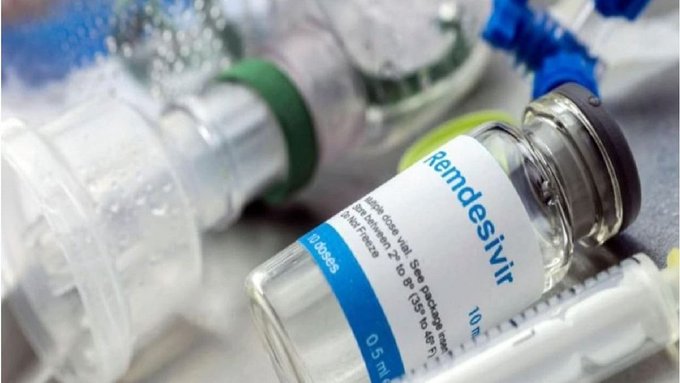London– In a fresh study on antiviral drug remdesivir, researchers have stressed that the drug is likely to be highly effective against SARS-CoV-2, the virus responsible for Covid-19.
The study, published in the journal Nature Communications, describes giving the drug to a patient with Covid-19 and a rare immune disorder and observing a dramatic improvement in his symptoms and the disappearance of the virus.
The response to the Covid-19 pandemic has been hampered by the lack of effective antiviral drugs against SARS-CoV-2, the coronavirus that causes the disease.
Scientists had pinned hopes on the drug remdesivir, originally developed to treat hepatitis C and subsequently tested against Ebola.
However, results from large clinical trials have been inconclusive, and in early October the World Health Organization (WHO) announced that the drug did not significantly reduce mortality rates.
The question is more complicated, however, and a clinical team have now used a different approach to determine the effects of the drug on COVID-19 in a closely monitored patient.
“There have been different studies supporting or questioning remdesivir’s effectiveness, but some of those conducted during the first wave of infection may not be optimal for assessing its antiviral properties,” said study author James Thaventhiran from the University of Cambridge in the UK.
For the current study, the research team examined the case of a 31-year-old man with XLA, a rare genetic condition that affects the body’s ability to produce antibodies and hence fight infection.
At first, the patient was treated with hydroxychloroquine and azithromycin, which had little effect, and the treatments were stopped on day 34.
The patient then commenced a 10-day course of remdesivir. Within 36 hours, his fever and shortness of breath had improved and his nausea and vomiting ceased. Rising oxygen saturation allowed him to be taken off supplemental oxygen.
This dramatic clinical response was accompanied by a progressive decrease in levels of C-reactive protein (CRP), a substance produced by the liver in response to inflammation.
At the same time, doctors saw an increase in the number of his immune cells known as lymphocytes, and chest scans showed that his lung inflammation was clearing. The patient was discharged on day 43.
A week after discharge, the patient’s fever, shortness of breath and nausea returned. He again tested positive for SARS-CoV-2, was found to have lung inflammation, and his CRP levels had increased and his lymphocyte count fallen. On day 61, the patient began treatment with a further 10-day course of remdesivir.
The team found that the patient’s virus levels fell progressively during his first course of remdesivir, corresponding with the improvement in his symptoms.
The team further suspect that remdesivir is likely to be most beneficial when administered early in infection, before the virus is able to trigger a potentially catastrophic immune response. (IANS)


